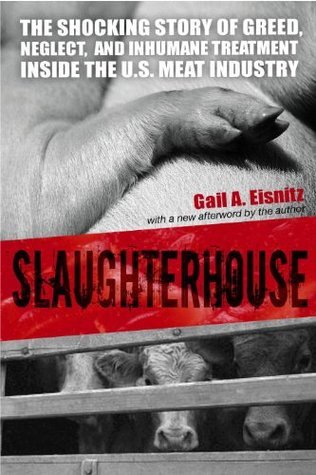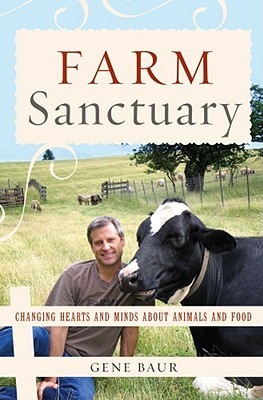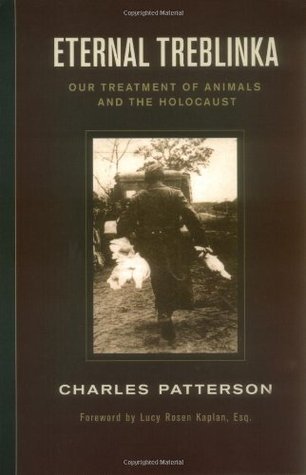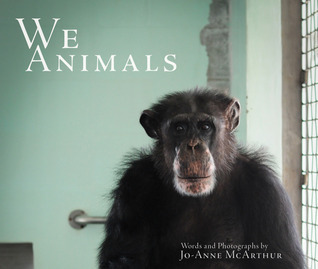
Slaughterhouse: The Shocking Story of Greed, Neglect, And Inhumane Treatment Inside the U.S. Meat Industry
Book Description
Behind closed doors, a dark reality unfolds in the heart of America’s meat industry. Greed runs rampant, while neglect and inhumane treatment cast a haunting shadow over the lives of the animals destined for our dinner plates. Gail A. Eisnitz masterfully uncovers unsettling truths that challenge the very foundation of how we view food production. With chilling testimonies and unflinching scrutiny, this exposé pulls back the curtain on a world where profit outweighs compassion. Can the industry change, or are these creatures doomed to suffer in silence? Discover the shocking revelations that will leave you questioning everything you thought you knew.
Quick Book Summary
"Slaughterhouse" by Gail A. Eisnitz is a harrowing exposé of the U.S. meat industry, revealing an unsettling world characterized by unchecked greed, systemic negligence, and grossly inhumane treatment of animals. Drawing on firsthand accounts from slaughterhouse workers, whistleblowers, and her own investigations, Eisnitz uncovers the suffering endured by animals, the hazardous conditions faced by workers, and the insidious ways profit motives override both ethical standards and public health. The book not only catalogs instances of cruelty and regulatory failure, but it also delves into the psychological toll on employees and the broader societal implications of turning a blind eye to these abuses. "Slaughterhouse" ultimately compels readers to confront uncomfortable truths about food production and the urgent need for reform.
Summary of Key Ideas
Table of Contents
Systemic Cruelty and Neglect in the Meat Industry
Eisnitz brings to light a staggering array of abuses and neglect that saturate the meat processing industry. Through on-site investigations and interviews, she documents how animals—pigs, cattle, and chickens—often suffer horrific fates: being butchered while conscious, mishandled with violence, and subjected to unnecessary pain due to speed-driven practices. The cruelty described is systemic, not isolated, and frequently exacerbated by management encouragement to keep production lines moving at all costs.
Profit Versus Ethics: The Role of Greed
A core theme is the clash between profit and ethics. Eisnitz demonstrates how financial incentives drive slaughterhouses to prioritize output over animal welfare, safety, and even legal compliance. She exposes how increased production speeds lead to frequent violations of animal welfare laws, intensifying animal suffering. Management actively discourages reporting abuses, fostering a culture where cruelty is normalized and compassion suppressed in pursuit of higher profits.
Failure of Oversight and Regulation
The book unveils extensive regulatory failures, from weak enforcement by USDA inspectors to outright collusion between government officials and industry leaders. Eisnitz reveals that inspectors are often threatened, ignored, or rendered powerless, allowing violations to persist unchecked. Regulatory agencies are depicted as understaffed, underfunded, and sometimes complicit, with whistleblowers frequently risking their jobs to bring attention to abuses and corruption.
Consequences for Workers and Public Health
Beyond animal suffering, Eisnitz explores the grim realities faced by slaughterhouse workers. Many are subjected to unsafe, dehumanizing conditions, bearing the physical and psychological scars of their work. The speed and brutality of slaughter impact not only animal welfare but also worker health, resulting in injuries, trauma, and a pervasive sense of powerlessness among employees who witness or are forced to participate in acts of cruelty.
Paths Toward Reform and Advocacy
Eisnitz closes by challenging readers to reconsider their food choices and advocate for change. She outlines emerging reforms and the growing momentum behind animal rights and food safety initiatives, emphasizing grassroots activism, investigative journalism, and legal reform as pathways to a more humane system. Ultimately, "Slaughterhouse" is a call to action, urging society to recognize the moral and human costs embedded within the meat industry and to push for accountability and compassion in food production.
Download This Summary
Get a free PDF of this summary instantly — no email required.





